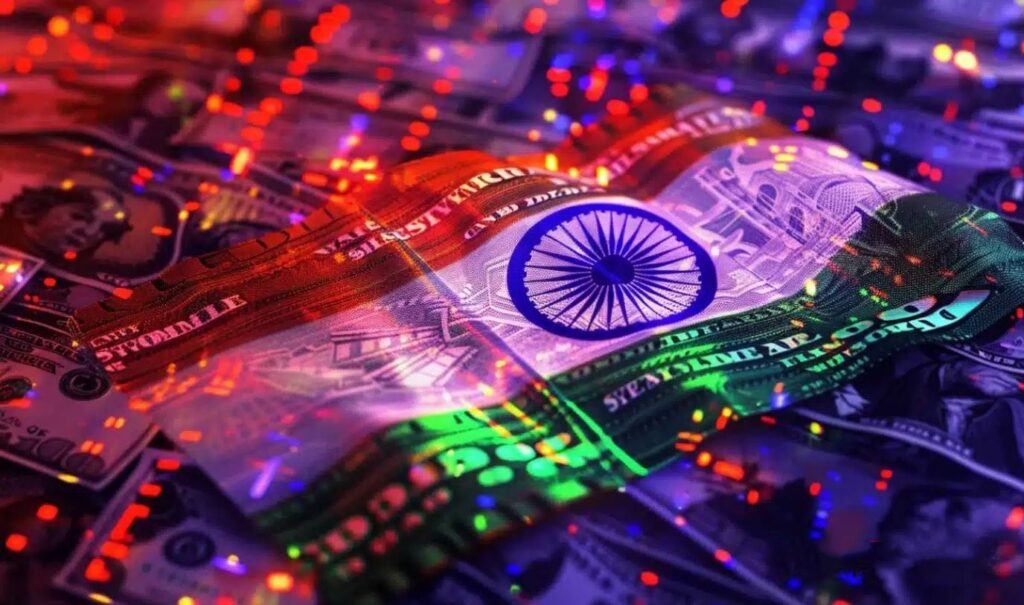The Governor of the Reserve Bank of India (RBI), Shaktikanta Das, expressed strong concerns about the potential risks posed by stablecoins, viewing them as a threat to government sovereignty over the monetary system. Speaking at the G30 39th Annual International Banking Seminar in Washington D.C., Das stated that he has “very strong reservations” about stablecoins, considering them as private money that could undermine the role of governments in managing national economies and payment systems.
Das argued that stablecoins, which are often backed by private entities rather than governments, could allow private issuers to control a significant portion of the payment ecosystem, thus posing risks greater than their benefits. In contrast, he emphasized the advantages of Central Bank Digital Currencies (CBDCs), stating that they are backed by the government, offer guaranteed settlement, and do not require collateral. For these reasons, he believes CBDCs are a more secure and reliable choice than the uncertainties associated with private stablecoins.
He also highlighted the positive feedback from India’s ongoing CBDC pilot projects. India has been testing the digital rupee since December 2022, in collaboration with 16 participating banks. Das shared the RBI’s intentions to integrate CBDCs with India’s Unified Payments Interface (UPI), a real-time payment system that processes over 500 million transactions daily, which would further boost the utility and reach of CBDCs.
Das reiterated that while CBDCs could drive financial inclusion, particularly with their programmability features, India is not rushing the roll-out. The RBI plans to rigorously test the digital rupee’s design, features, and security before any large-scale implementation.
These comments come as India is reportedly considering a ban on private cryptocurrencies, including stablecoins. According to recent media reports, government regulators have consulted with key institutions and concluded that the risks of private cryptocurrencies may outweigh their potential benefits. India is also preparing a policy paper that will clarify its official stance on cryptocurrencies.
Despite these regulatory concerns, India remains a leader in global crypto adoption, according to Chainalysis, although the country’s tax policies on crypto investments continue to create challenges for retail investors.


Ok